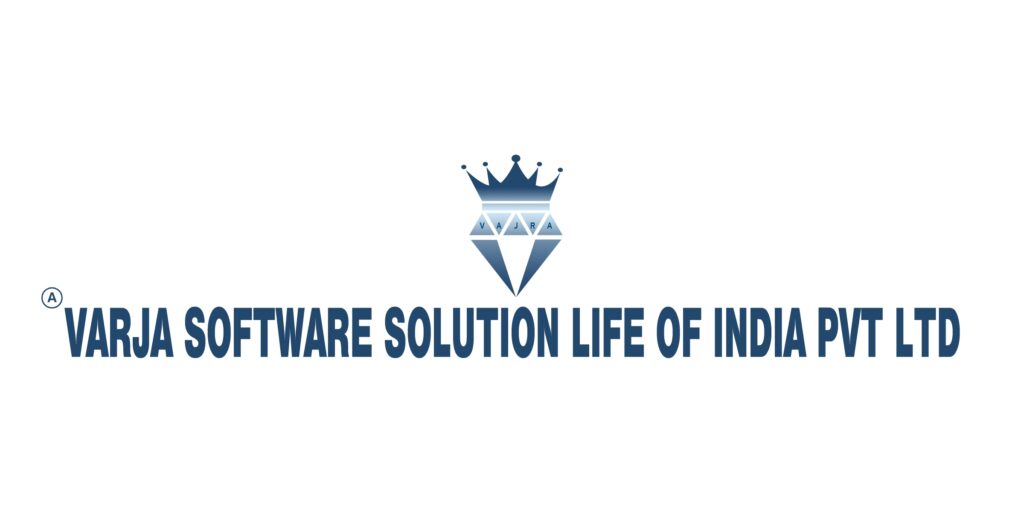
Off-page SEO involves strategies and actions taken outside of your own website to improve its search engine rankings and overall authority. While on-page SEO focuses on optimizing elements within your site, off-page SEO builds your website’s credibility, reputation, and authority through external efforts


1. Backlinks
- Quality Over Quantity: Aim for backlinks from high-authority, relevant websites rather than a large number of low-quality links.
- Diverse Sources: Obtain links from a variety of sources, such as blogs, news sites, forums, and industry directories.
- Natural Link Building: Focus on earning backlinks organically through valuable content and relationships rather than using link schemes or paid links.
2. Content Marketing
- Guest Blogging: Write guest posts for reputable blogs and websites in your industry, including a link back to your site.
- Infographics and Visual Content: Create shareable visual content that other sites may link to.
- E-books and Whitepapers: Develop comprehensive guides and research papers that attract backlinks and establish authority.
3. Social Media Marketing
- Engagement: Actively engage with your audience on social media platforms to build brand awareness and drive traffic to your website.
- Content Sharing: Share your content across social media channels to increase visibility and encourage others to link to it.
- Influencer Partnerships: Collaborate with influencers in your industry to promote your brand and obtain backlinks from their platforms.
4. Local SEO
- Local Listings: Ensure your business is listed in local directories and on local search platforms like Google My Business.
- Local Citations: Maintain consistent NAP (Name, Address, Phone Number) information across various local directories.
- Local Reviews: Encourage and manage reviews on local review sites to build credibility and improve local search rankings.
5. Online Reputation Management
- Monitor Mentions: Track mentions of your brand or website across the web and respond to reviews or comments.
- Build Positive Reviews: Encourage satisfied customers to leave positive reviews on platforms like Google and Yelp.
- Address Negative Feedback: Address and resolve negative reviews or comments professionally to maintain a positive online reputation.
6. Influencer Outreach
- Build Relationships: Connect with influencers and thought leaders in your industry for potential collaborations, guest posts, or mentions.
- Leverage Influence: Use influencer partnerships to boost your content’s reach and credibility through their established audience.
7. Social Bookmarking
- Submit Content: Share your content on social bookmarking sites like Reddit, Digg, or StumbleUpon to increase visibility and drive traffic.
- Engage with Communities: Participate in relevant communities and forums to share insights and promote your content.
8. Forum and Community Participation
- Engage in Discussions: Participate in forums and online communities related to your industry. Provide valuable insights and include links to relevant content when appropriate.
- Build Authority: Establish yourself as an expert by answering questions and providing helpful information.
9. Influencer and Expert Collaborations
- Interviews and Features: Collaborate with industry experts for interviews or features on their platforms.
- Joint Ventures: Partner with influencers or other businesses for joint marketing campaigns or content creation.
10. Press Releases
- Distribute News: Publish press releases about significant events or updates related to your business to gain media coverage and backlinks.
- Target Relevant Outlets: Focus on distributing press releases to industry-specific and local news outlets.
11. Content Syndication
- Republish Content: Syndicate your content on platforms like Medium or LinkedIn to reach a wider audience and generate backlinks.
- Maintain Original Content: Ensure that the syndicated content links back to the original source to avoid duplicate content issues.
12. Brand Mentions
- Track Mentions: Use tools to monitor when your brand is mentioned online, even if a link isn’t included.
- Request Links: Reach out to the authors of unlinked mentions and request that they include a link to your site.
13. Competitor Analysis
- Analyze Competitor Links: Study where competitors are getting their backlinks from and identify potential opportunities for your own site.
- Adopt Best Practices: Implement successful strategies observed in your competitors’ off-page SEO efforts.
